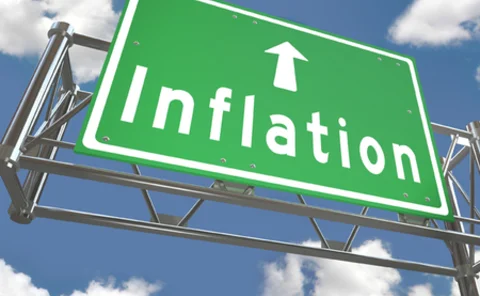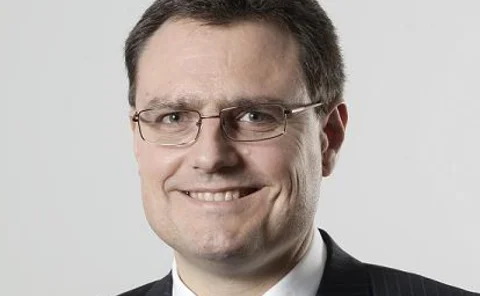Negative rates
Riksbank delays first hike on weak inflation
Repo rate expected to remain negative until late 2019
Eurozone inflation rises in March
Prices rose year on year by 1.4% last month, up from 1.1% in February
SNB struggles to end ultra-loose policy regime
The Swiss central bank’s hopes of normalising policy are being held back by weak expectations, a strong currency and policy actions abroad
NY Fed paper studies when government should issue safe assets
Model implies only under certain situations should the government issue new debt; changing inflation target might be superior
Swedish inflation falls in January as Riksbank considers first hike
The CPI at fixed interest rates fell to 1.7% in January, compared with forecasts of 1.9%
BIS paper uses ‘shadow rate’ to study market expectations
Fan Dora Xia and Jing Cynthia Wu find they can estimate expectations over a longer horizon by using a shadow rate term structure model
Central bank of the year: Bank of Canada
The Canadian central bank has stood out for its ever-improving levels of transparency, forward-looking management and best-practice review of its policy mandate
SNB keeps accommodative policy unchanged
Central bank acknowledges Swiss franc’s depreciation, but still considers the development “fragile”
Weak inflation in Nordic countries likely to keep rates on hold
Sveriges Riksbank and Norges Bank set to prolong their dovish stances in last policy meeting of 2017; Iceland holds rates
Loose policy supported equality in Sweden – Skingsley
Deputy governor of Sveriges Riksbank reflects on how monetary policy promotes inclusive growth
Swiss bond market contracts despite negative rates – SNB’s Maechler
Shift driven by lower issuance by Swiss government and reduced financing needs of banks
QE and negative deposit rates have increased lending – ECB
Sub-zero deposit rate has created small boost, but only 10% of banks report higher lending volumes due to negative rates
BoJ says Japan is overbanked
The central bank says Japanese banks may have too many employees and branches
Riksbank’s deputy argues for changes to monetary policy regime
Mulled changes would remove distortions, analysts say
Norway’s pension fund grows on rising equities
The world’s largest sovereign wealth fund grows, thanks to European equities, but low rates and oil prices remain long-term challenges
IMF deems negative rates to have had ‘no major side effects’
IMF paper explores the impact of negative interest rates on bank behaviour, concluding the transmission to money markets and bond yields has worked well
EU money fund rule threatens negative rates management tool
Constant net asset value funds may have to change format during prolonged spells of negative rates
St Louis’s Bullard on the future of the Fed and its monetary policy record
St Louis Fed president James Bullard rails against east coast dominance, favours aspects of the Choice Act and says Fed monetary policy was a “factor” that fuelled crisis
The BoJ’s risky yield curve control experiment
The Bank of Japan’s experiment with yield curve control could work if appropriate targets and communication strategies were applied. But its current policy objectives are muddled
BoJ should provide ‘more realistic’ projections – former policy board member
Claims constant overestimation of inflation expectations undermines credibility
SNB able to cut rates further, Jordan says
Thomas Jordan says Switzerland’s central bank could lower its deposit rate further into negative territory or buy foreign currency if necessary; Jean Studer defends governing board size
‘Urgent’ action needed to boost bank profits – BoJ report
Financial system report notes bank profit margins have been squeezed, but says sufficient capital is supporting lending for the time being
IMF working paper examines the impact of “de-cashing” on monetary policy
IMF working paper examines the impact of “de-cashing” on monetary policy, claiming transmission would become “easier” and “faster”
Third of businesses think investment has been ‘too low’ – BoE survey
Bank of England publishes results of survey of UK firms in latest quarterly bulletin; businesses experienced both real economy and financial “obstacles” to investment




















